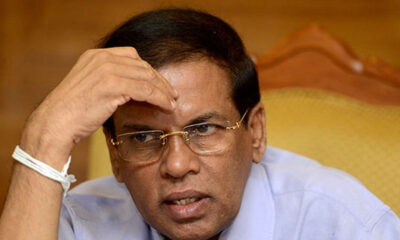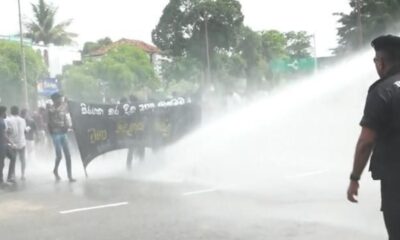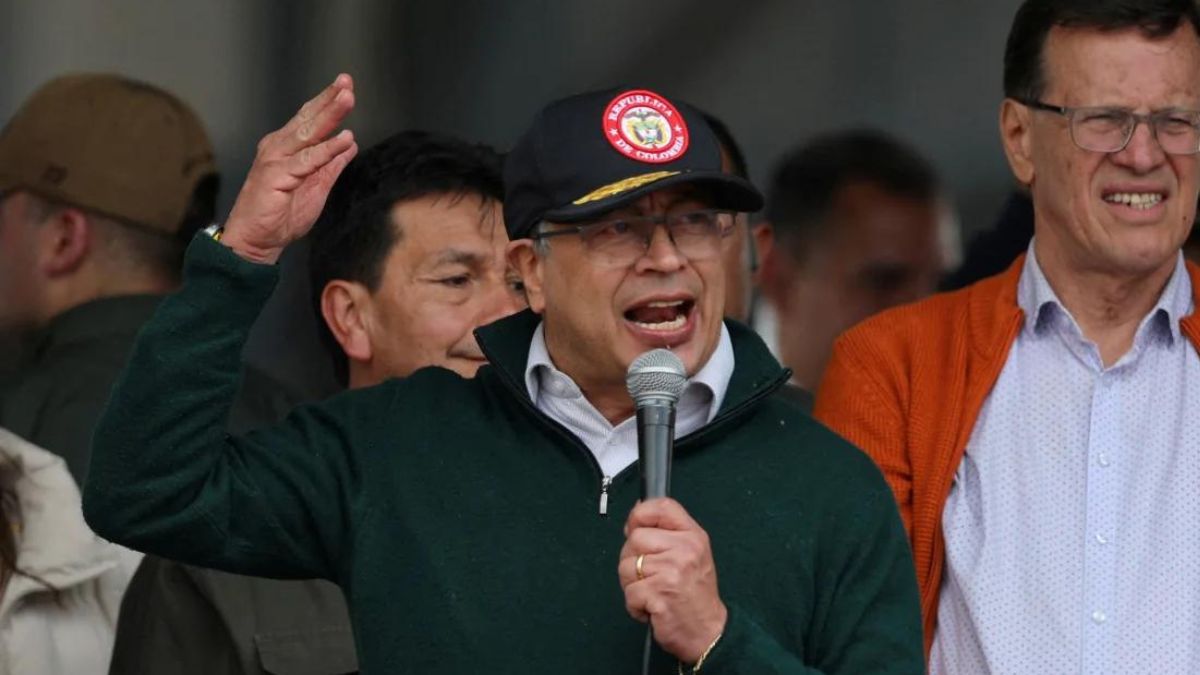The National Investigation Agency (NIA) in India had today (18) raided 19 locations across four states and arrested eight operatives of the Ballari module of the banned Islamic State terror organisation, including its leader Minaz alias Md. Sulaiman, foiling plans by the accused to carry out terror acts, the agency said.
The raids also led to the seizure of explosive raw materials, such as sulphur, potassium nitrate, charcoal, gunpowder, sugar and ethanol, sharp-edged weapons, unaccounted cash and incriminating documents, along with smartphones and other digital devices, the NIA said.
The agency launched the searches after registering an FIR against several members of the group. The officials said the premises connected with several suspected members were raided.
The NIA teams raided 19 locations spread across Ballari and Bengaluru in Karnataka; Amaravati, Mumbai and Pune in Maharashtra; Jamshedpur and Bokaro in Jharkhand; and New Delhi, it said.
The eight ISIS agents arrested during the raids were involved in actively promoting terror and terror-related acts and activities of ISIS, the proscribed organisation. They were operating under the leadership of Minaz, the probe agency added.
Those arrested have been identified as Minaj and Syed Sameer from Ballari; Anas Iqbal Shaikh from Mumbai; Mohammad Muniruddin, Syid Samiullah alias Sami and Md Muzammil from Bengaluru; Shayan Rahman alias Hussain from Delhi; and Mohammad Shahbaz alias Zulfikar alias Guddu from Jamshedpur.
News agency ANI reported that the terror group was engaged in anti-India activities.
The raids came days after the NIA raided multiple locations across Bengaluru, Karnataka, in a case relating to the radicalisation of prisoners by a Lashkar-e-Taiba (LeT) terrorist.
A total of six locations, including the houses of four accused, one of whom was still absconding, were extensively searched in the case on December 13 as part of the NIA’s continuing investigations into the case (RC-28/2023/NIA/DLI).
The other locations that were searched were premises connected with two other suspects. In that raid, the NIA teams seized a host of digital devices, various incriminating documents, and cash amounting to ₹7.3 lakh from the premises of Mohammed Umar, Mohammed Faisal Rabbani, Tanveer Ahmed and Mohammed Farooq, as well as absconder Junaid Ahmed.
(Hindustan Times)

 Entertainment5 days ago
Entertainment5 days ago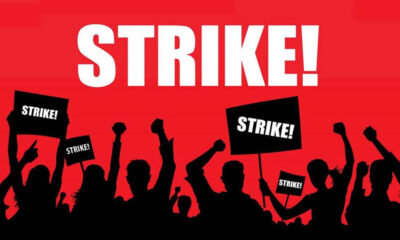
 News2 days ago
News2 days ago
 BIZ4 days ago
BIZ4 days ago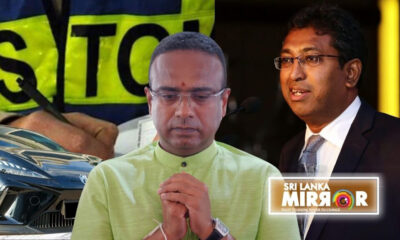
 News4 days ago
News4 days ago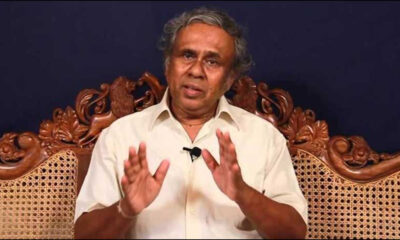
 News1 day ago
News1 day ago
 Entertainment3 days ago
Entertainment3 days ago
 News1 day ago
News1 day ago
 News4 days ago
News4 days ago










